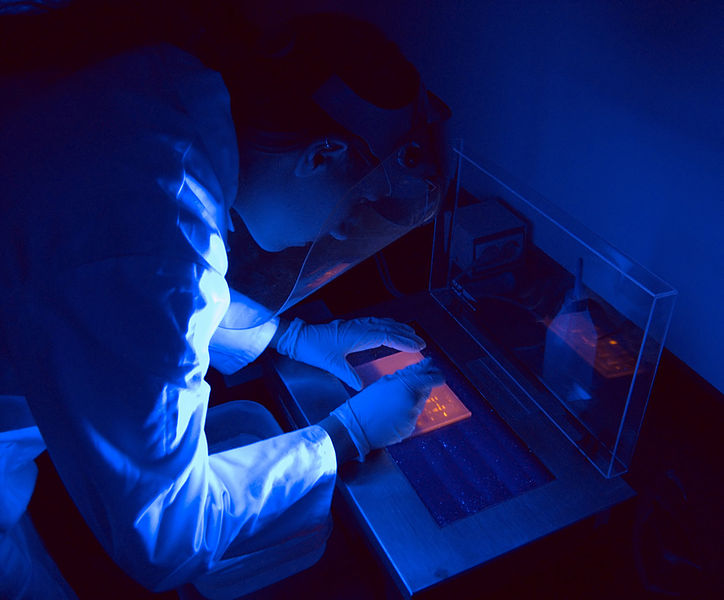The Chinese gene-editing experiment was an outrage. The scientific community shares blame.
By J. Benjamin Hurlbut, Sheila Jasanoff and Krishanu Saha,
The Washington Post
| 11. 29. 2018
This is the experiment that was not supposed to happen.
A Chinese scientist claimed this week that he had produced the first genetically engineered babies — twin girls who have been “edited” to be resistant to HIV. He and his collaborators, who apparently include a professor at Rice University in Houston, allegedly applied the genome editing tool known as CRISPR to embryos produced through in vitro fertilization to modify a gene called CCR5. The purpose of the edit was to prevent future HIV infection, a move akin to a genetic vaccination.
Three years ago, scientists, social scientists and ethicists gathered in Washington at the National Academy of Sciences for the first international summit on human gene editing, to discuss scientific, social and ethical issues surrounding human applications of this powerful new tool. One result of the meeting was a call for a voluntary international moratorium on reproductive applications of genome editing until there was “broad societal consensus” about when making such heritable modifications is ethically acceptable.
Nothing remotely like a consensus has been reached, yet the research races ahead. Numerous...
Related Articles
By Diaa Hadid and Shweta Desai, NPR | 01.29.2026
MUMBRA, India — The afternoon sun shines on the woman in a commuter-town café, highlighting her almond-shaped eyes and pale skin, a look often sought after by couples who need an egg to have a baby.
"I have good eggs,"...
By George Janes, BioNews | 01.12.2026
A heart attack patient has become the first person to be treated in a clinical trial of an experimental gene therapy, which aims to strengthen blood vessels after coronary bypass surgery.
Coronary artery bypass surgery is performed to treat...
By Staff, ScienceDaily | 01.05.2026
Scientists at UNSW Sydney have developed a new form of CRISPR technology that could make gene therapy safer while also resolving a decades-long debate about how genes are switched off. The research shows that small chemical markers attached to DNA
...
Following a long-standing CGS tradition, we present a selection of our favorite Biopolitical Times posts of the past year.
In 2025, we published up to four posts every month, written by 12 authors (staff, consultants and allies), some in collaboration and one simply credited to CGS.
These titles are presented in chronological order, except for three In Memoriam notices, which follow. Many more posts that are worth your time can be found in the archive. Scroll down and “VIEW...




